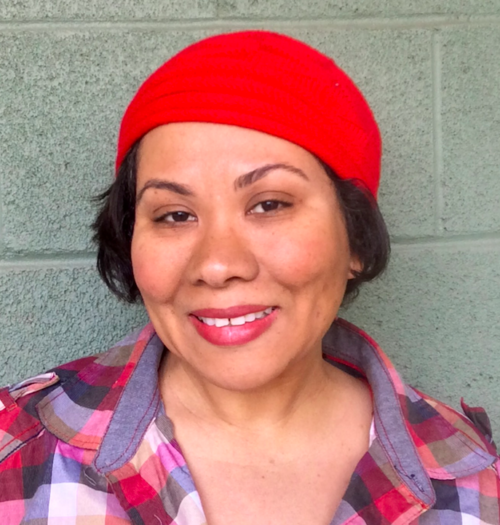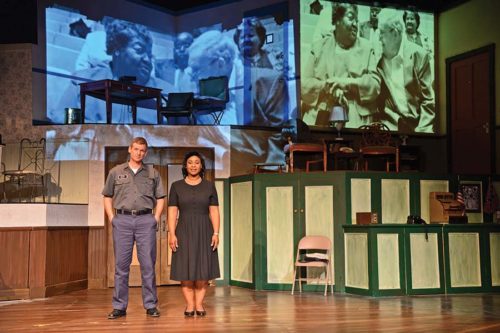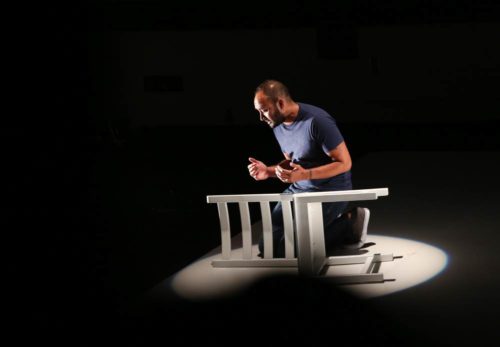
When Liesl Tommy received a Tony Award nomination for directing Danai Gurira’s Eclipsed on Broadway, she made theatre history as the first woman of color ever nominated for a Tony for Best Director of a Play. Eclipsed set another unprecedented moment as the first show in Broadway history to have an all-female, all-black director, cast, and playwright—fitting for a production that chronicles the resilience of five women in unbelievable circumstances.
While theatre appears to be experiencing a golden age of diversity, there is still a large disparity between the number of women and men that direct shows. According to Playbill, of the approximately 30 new Broadway productions announced for the 2016–2017 season, only six are being directed by women, an alarming number considering that women make up more than half of theatre audiences.
But the success of Eclipsed, which just completed an acclaimed run at San Francisco’s Curran Theatre, reflects a growing excitement for stories told from a black, female perspective. In anticipation of the stories to come, I sat down with Margo Hall, Edris Cooper-Anifowoshe, Velina Brown, Dawn Monique Williams and Ayodele Nzinga—five black, female Bay Area directors to keep on your radar.
Known for: Resident artist at the Oregon Shakespeare Festival and a 2016 Princess Grace Foundation Theatre Fellowship Award winner.
What it’s like being a woman of color directing Shakespeare: “A lot of people aren’t looking for us in the way I think they should be. People default to who they know so even when it’s a play that might be written by a black author, written by a black woman, written by a woman, they still might hire a white man to direct the play. It’s even tenfold when it comes to the classic plays because there are a lot of people who believe they are the authority on Shakespeare so I have to pitch very hard to get those opportunities to do the classic plays. When you see a theatre doing Suzan-Lori Parks’ Venus and they haven’t hired a black woman to do this play, I don’t understand how in 2017 you wouldn’t hire a black woman. So, we don’t have the agency to tell the plays that are written about our own bodies but I also can’t direct The Cherry Orchard or Shakespeare either. Where do I fit then in the new you of storytelling? It’s very discouraging.”
How African American women directors are impacting theatre: “I feel like I have a really strong sisterhood of other women directors and especially women of color directors who when they get offered a gig and can’t take it, they recommend the next woman of color for the job. That we’re sharing each other’s names, we’re advocating for one another, we’re promoting one another—I feel very supported in that sense of sisterhood. For the sisters who are getting in the door, I feel a strong sense that they are keeping that door propped open, they have put their shoes right there, they have wedged that door and let me know I left that door open for you to come through.”
What inspires her: “My daughter is a great inspiration to me in my spirit as a human but also in my artmaking because I’m so fascinated by the way she sees the world, what her logic is, how these young people are different from us. In retrospect, like oh my gosh what my mother must have felt! It’s so eye opening to try and see the world from her perspective.”
What has been her biggest challenge: “One of the things about being a director is sometimes the anonymity and how there’s good and bad that comes along with that anonymity. I could be walking through this small town where I am [Williams is currently in Ashland, Oregon directing for the Oregon Shakespeare Festival] and people aren’t stopping me at the grocery store the way they do the actors. But also, I don’t fit the image of who people think a director is so sometimes in the theatre at my own show, I am treated as if I don’t know how to behave in a theatre, as if I don’t have theatre etiquette. Nobody assumes that I’m a theatre professional so that’s sometimes a little disheartening, and that’s just when I enter the space as a patron.”
What’s up next: “I am in rehearsals for Merry Wives of Windsor at the Oregon Shakespeare Festival that will open in June. Then in July I will go to Chautauqua Theatre Company to direct Romeo and Juliet, which is my favorite play ever. Then in the fall, I’ll be back in the Bay Area directing Paula Vogel’s A Civil War Christmas at Town Hall Theatre in Lafayette.”
Read the full article by Jia Taylor from Theatre Bay Area here.


